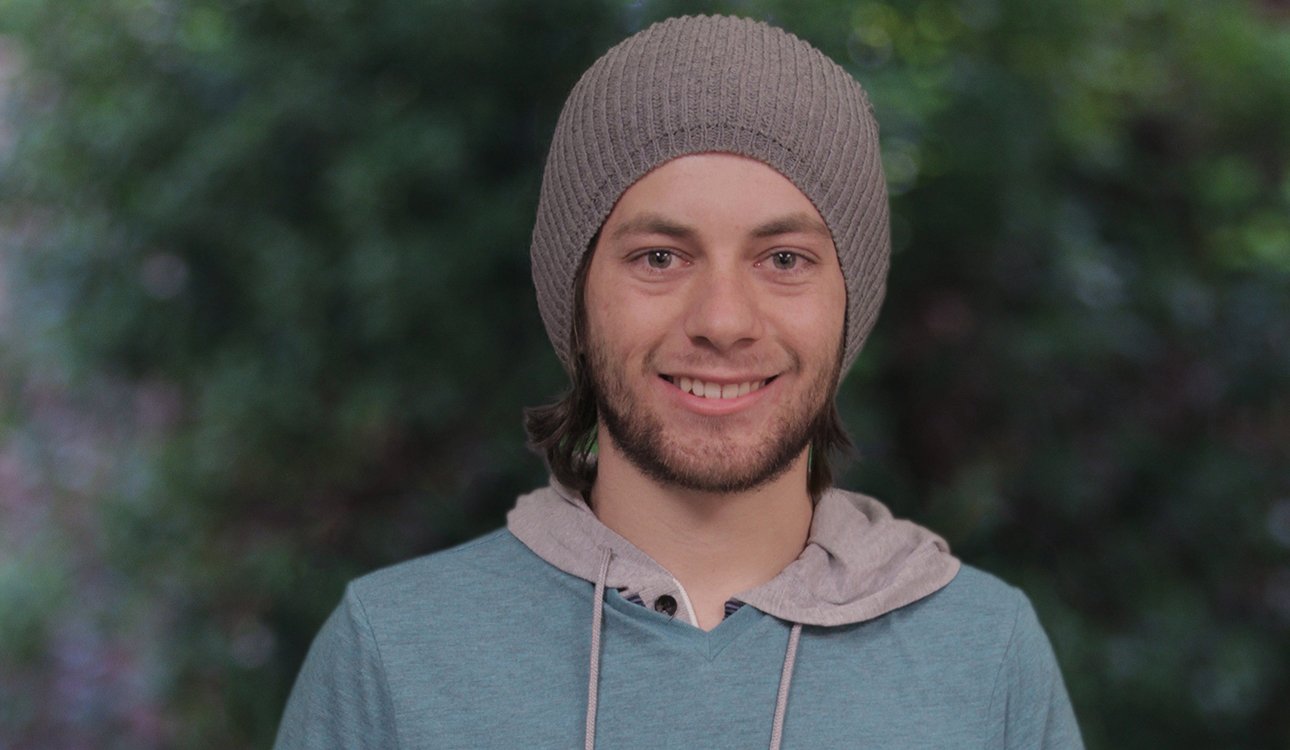
Reporter
I am a South African exchange student who is in Waco for the semester. I flew over here on the large ostrich Africans use for intercontinental travel and was intrigued to see how long it would take before I was asked my first “Mean Girls” question. A little less than a week and, after introducing myself as South African, a girl asked me “Why aren’t you black?” I replied, “I have no idea. Both my parents are, so I was as surprised as anyone to turn out white.”
She believed me for a few seconds, before collapsing into giggles. The thing is: It isn’t all that funny.
Stereotypes are born of ignorance and a lack of curiosity to discover the people of the world and what makes them unique.
There is a stereotype held in other parts of the world that Americans are ignorant. This is as absurd as the idea that all Africans are black, all Australians are criminals or all Russians store vodka in hip-flasks. Similar to the thought that Africa is one vast country where people mill about herding cows and living in squalor, belittling a people or an area into one homogeneous idea is about the biggest misstep one can make when encountering a person from somewhere else in the world.
I have met many perceptive, engaged and inquisitive Americans who are exceptionally knowledgeable about my country and continent. I have also met a few fools. Just like I hope you will meet black, white, colored, Indian, Asian and Cape Malay South Africans in your lives.
While some of the stereotypes about Africa and Africans are misguided, they are born from somewhere. Where there’s smoke, there’s fire (which is more widely available than electricity in South Africa) and Africa has massive problems. War, poverty, poor education systems and massive bureaucratic corruption stymie the growth of a beautiful, diverse and vibrant people.
These are sad realities for many Africans. Some of the stereotypes do hold water, and are indicative of flaws in our society that can be improved upon.
With the passing of Nelson Mandela, a loss that every South African experienced as very personal, it could be said that the last of the great leaders has passed. There are few transcendental human beings left. In such a short space it is impossible to truly capture why Mandela was not just a seven-day news cycle to South Africans. He was the father of our nation, in terms both literal and figurative.
Without him, I do not exist as a South African. He patiently coaxed life out of a dead country and brought it to rousing cheers and celebration. His humor, integrity and dignity made him the perfect statesman. His gentleness, smile and weathered compassion made him the perfect grandfather. It is strange to think that so much of my identity and makeup comes from an individual I have never met. People like him don’t exist anymore. Yet we are all people like him, united in diversity.
As we remember Mandela and, this week, Dr. Martin Luther King Jr., it is pertinent to consider that their moving on was their last great gift to us.
We can no longer point to these leaders as reasons for human decency and compassion. We cannot heap our dreams and hopes, insecurities and baggage on their impossibly broad shoulders. Instead it now falls on us to collectively break from our insular cocoons and shake the dust of self-absorption from our eyes.
The responsibility falls on us now. We can either be Mean Girls or fascinating and fascinated creatures with the world at our feet. The large ostrich can take you to any corner of the globe.
If you really are interested, ask me why I am not black. My mother is a white Scottish woman and my father a white South African man. In fact, of the nearly 52 million South Africans, 20 percent are not black. The language of the Lion King is not the only one spoken. South Africa has 11 official languages, some of the most diverse animal and plant life in the world and a vibrant arts and culture unique to our nation and its heritage.
Reading that last paragraph, it would seem that we may have a lot to talk about. Maybe we can even learn something from each other.
If you hear someone speaking with a strange accent, go up to them. Chat a little. There are no wrong questions, just wrong motivations. I hope to be asked why I am not black a few more times while I’m in America. The answer may surprise you.
Ian Currie is a foreign exchange student from South Africa. He is a reporter for The Lariat.






